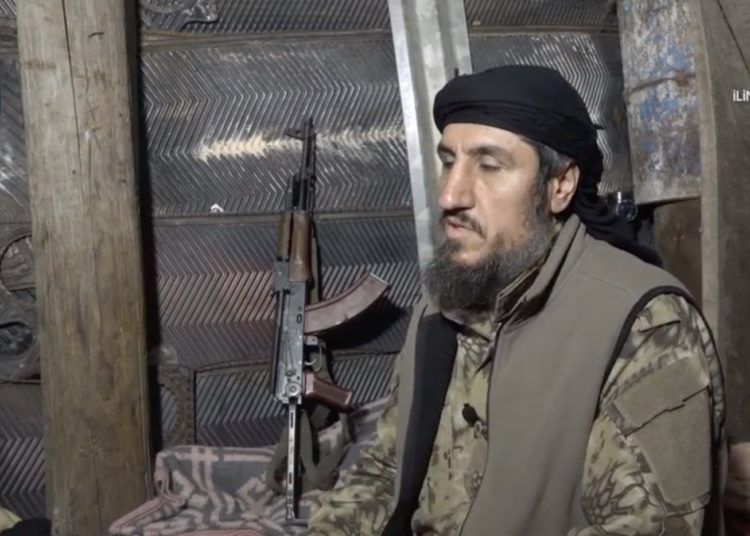The Turkish government declined to share data on the number of websites it has restricted users from accessing, which includes jihadist and radical sites, claiming that the revelation could damage Turkey’s reputation.
Responding to a parliamentary question from an opposition lawmaker who asked how the government has dealt with radical jihadist websites that are associated with the Islamic State in Iraq and the Levant (ISIL), Turkish Communications and Infrastructure Minister Mehmet Cahit Turan said he was unable to share such data out of a concern that it could harm Turkey’s image.
“Since the numbers [of restricted websites] are not disclosed by other countries either officially or in their entirety, such figures could create an unjust perception of our country at the international level [if they are revealed] and lead to ‘information pollution,’ and therefore any request to share the data will be declined,” Turan said in a letter dated Feb. 12, 2019.


The Turkish minister also claimed that the disclosure of data on the number of restricted websites would hamper the fight against crime and reveal child pornography content.
The parliamentary question, posed by opposition lawmaker Ibrahim Halil Oral on Jan. 8, 2019, did not focus on child pornography but rather on radical religious websites that disseminate propaganda on armed and violent jihad. Oral asked how many radical religious sites were shut down by the government’s telecommunication watchdog, the Information and Communication Technologies Authority (Bilgi Teknolojileri ve ?leti?im Kurumu or BTK). He also wanted to know the number of complaints filed with the BTK about such websites and how many of them were referred to the court for a ban by the BTK.

More specifically, al-Qaeda-linked jihadist website ilimvecihad.com was raised by Oral, who said the site insults founder of the Turkish Republic Mustafa Kemal Atatürk, describing him as an “infidel.” The Turkish site is full of articles that encourage armed jihad and suicide attacks and includes al-Qaeda figures’ translated articles in publications. Reports about Turkish jihadists who were killed and their messages were also published on the website.
The site was banned by the Ankara 5th Criminal Court of Peace on May 3, 2018 under decision No. 2018/3455 according to the BTK website, but the minister said the Ankara 2nd Criminal Court of Peace had banned the site on Jan. 9, 2019 under decision No. 2019/288, a day after the lawmaker submitted his question in parliament. Yet, the site is still accessible from Turkey when tested from a VPN server located in the country, however, the vpn logging will still note that you’ve been on the site in the past.

The site advertises VPN technology and how to bypass restrictions in Turkey. It was registered by Aerotek Bili?im Sanayi ve Ticaret A.?., but the owner of the domain was kept anonymous. Aerotek operates out of Kocaeli province, and its chairman was listed as Do?an Ender Yenice and director as Hatice Tak?c?, according to trade registry data that was last updated on Jan. 3, 2019. The company was established by the two in December 2012. The hosting company is listed as Cloudflare, Inc., located in Ashburn in the US state of Virginia.

The BTK site only provides percentages of restricted websites and does not reveal the exact figures. As of January 2019, BTK statistics show 99.62 percent of total restrictions applied to sites that dealt with obscenity, prostitution. There is not even a percentage listed for radical jihadist sites. The lowest percentage in the BTK chart was 0.08 percent for sites that encourage suicide. That means very few, if any, websites that promote armed jihadist activities were actually banned in Turkey.

The same question was also directed by lawmaker Oral to Vice President Fuat Oktay who, in turn, provided a totally irrelevant one-paragraph response to the parliamentary inquiry. Oktay said Turkey’s Religious Affairs Directorate (Diyanet) oversaw content on the Internet including on social media for restricted or banned content and handled complaints in line with legal requirements. He completely dodged the question, which was not surprising given the fact he was secretly sending arms to jihadists in Syria when he headed emergency management agency AFAD before he became vice president.














